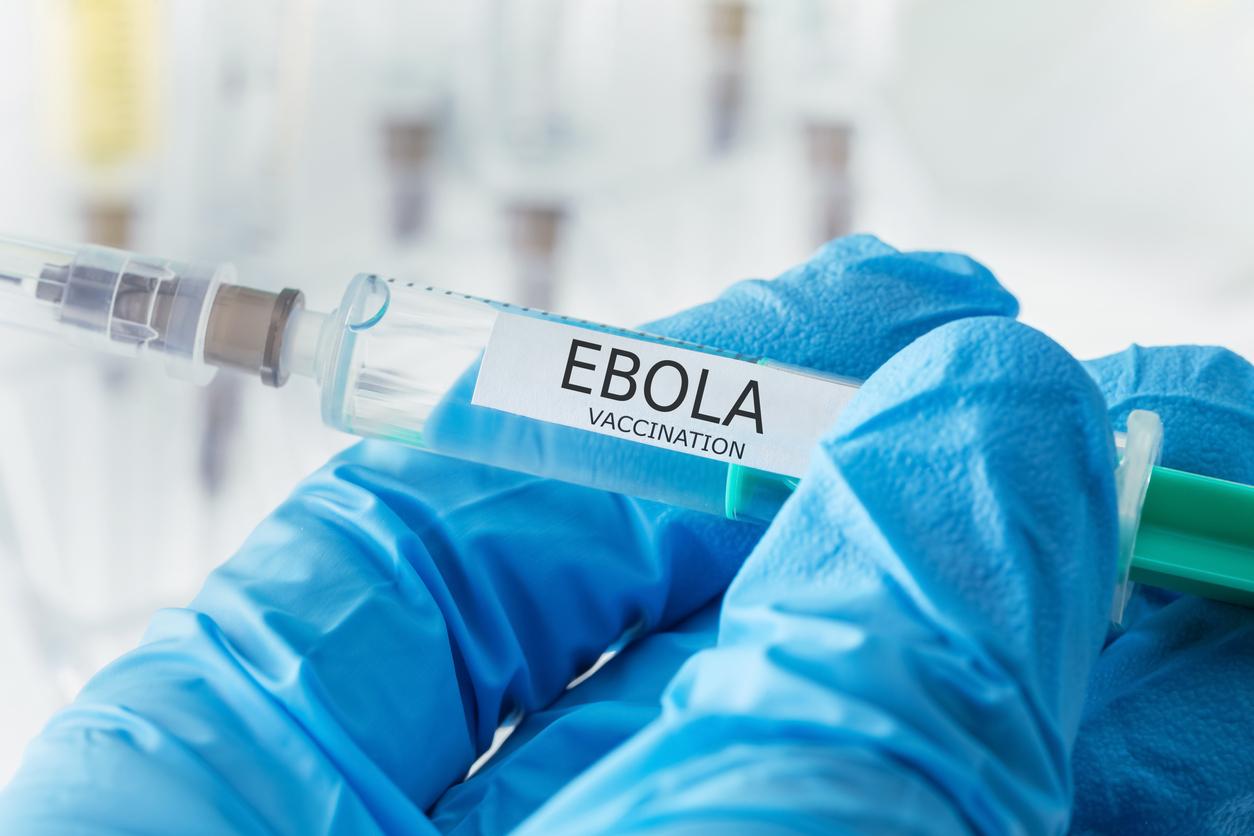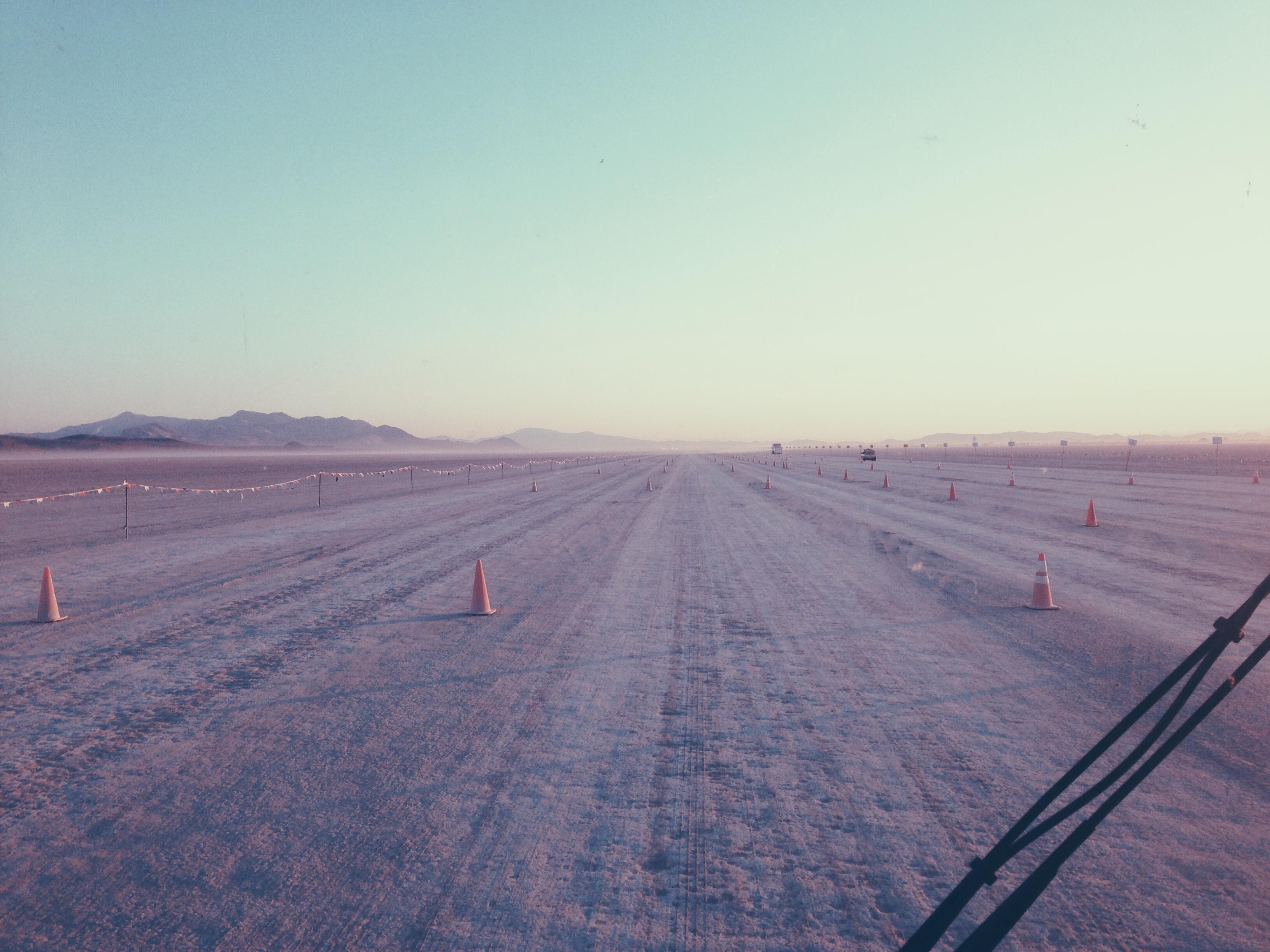Since the beginning of the year, the pressure seemed to fall. The news even looked good. Decrease in the number of cases, start of clinical trials for treatments and vaccines; After killing more than 8,900 people, the Ebola hemorrhagic fever epidemic finally seemed to be on the decline.
The bulletin released by the World Health Organization (WHO) on January 29 announced the lowest number of cases since August 2014. The cross even reports that the health center in Guéckédou, the Guinean epicenter of the epidemic, was empty on Tuesday; not a single patient!
A shortage of patients which led to the suspension on Tuesday of the ongoing clinical trial on the American antiviral Brincidofovir. ” It is currently unrealistic to consider recruiting enough patients (to perform tests and) draw conclusions about the effectiveness of this remedy. »,
justified the Wellcome Trust, a British foundation which manages the clinical trial in collaboration with the University of Oxford and Médecins sans Frontières (MSF).
For its part, the National Institute of Health and Medical Research (Inserm) is somehow pursuing another trial on a Japanese anti-influenza, Favipiravir, which, “without being a miracle drug, could have some effectiveness against the Ebola virus,” says La Croix. One of the doctors contacted in Guinea by the daily warned: “There is no reason to stop for the moment. The epidemic acts by yo-yo and is not over. »
A premonitory statement since we learned on Wednesday evening, in a press release from the WHO, that 124 new cases had been listed during the last week of January. For the first time since 2015, cases are therefore on the rise again.
The news comes as the feeling of respite that had reigned for a few weeks had sounded the hour of the balance sheet, all the actors involved in the management of this unprecedented epidemic having entered without a phase of development. The WHO had made its official mea culpa, and tongues were loosened at MSF, prey to internal quarrels, as the daily Liberation reported on Tuesday in its file devoted to Ebola.
Questioned by Liberation, Peter Piot, discoverer of the Ebola virus, warned: “The situation is not stable. It will be very difficult to say when it will be over, because a recovery always starts with a person, we must not confuse everything. This is indeed what happened in the spring of 2014. An outbreak of new cases was recorded shortly after Alpha Condé, President of Guinea, announced the decline of the virus in the country.
“The persistent resistance of communities, the geographic progression in Guinea and the wide spread in Sierra Leone, as well as [cette] rise in cases show that the fight [contre Ebola] still faces serious challenges”, recalled the WHO on Wednesday in its press release. After nearly a year of the epidemic, governments, NGOs and WHO will have to wait a while longer before taking stock. Now is the time to mobilize again, to prevent the virus from raging again after weeks of respite.













